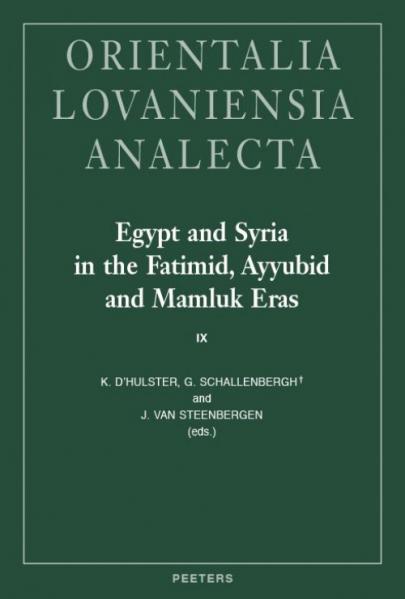Studying the 'Mamluk' Sultanate of Cairo
Embedded in the rich traditions of the Henri Pirenne Institute for Medieval Studies, Islamic history research at UGent specialises in the history and culture of Egypt and Syria in the late medieval period (ca. 1250-1517 CE, aka the 'Mamluk' period).
In general, our research aims to reconsider and further current understandings of late medieval Syro-Egyptian social and cultural history, questioning standard assumptions of 'Mamluk' singularity and reconnecting it with the wider late medieval and early modern world through the novel paradigm of the longstanding and dynamic history of the Sultanate of Cairo.
This has emerged out of the research pathway followed by the group’s Principal Investigator, Jo Van Steenbergen, and is being pursued in various research projects on late medieval Syro-Egyptian political, social and cultural history that have particular theoretical reflections and methodological approaches in common (social constructivism, prosopography, social network analysis, social semiotics, narratology, critical discourse analysis…).
Our research is organised around the following interlocking actions and themes:
- Islamic Digital Humanities (Islamic History ODP): corpus building and text analysis, bibliography and prosopography
- Power, social formations, practices, and institutions, and state formation in late medieval Egypt and Syria
- Truth, knowledge practices, and texts in the late medieval Arabo-Islamic world
Check out our podcasts and blogposts with more information on our research.



